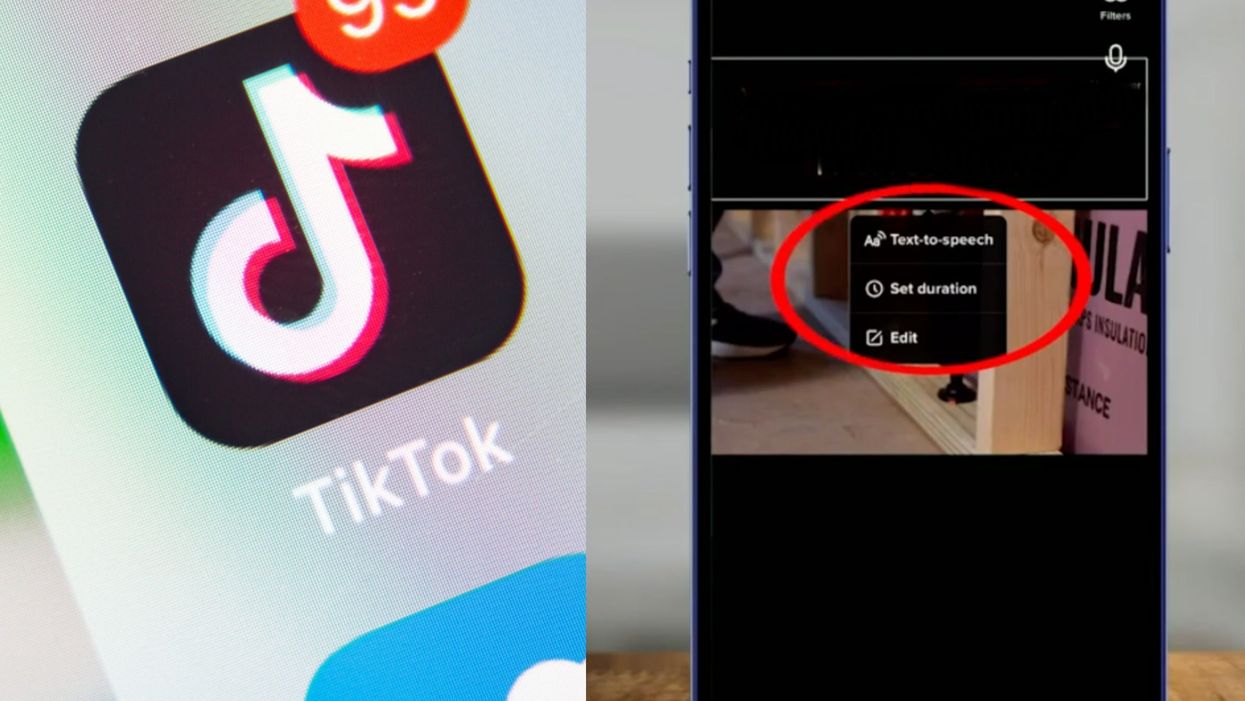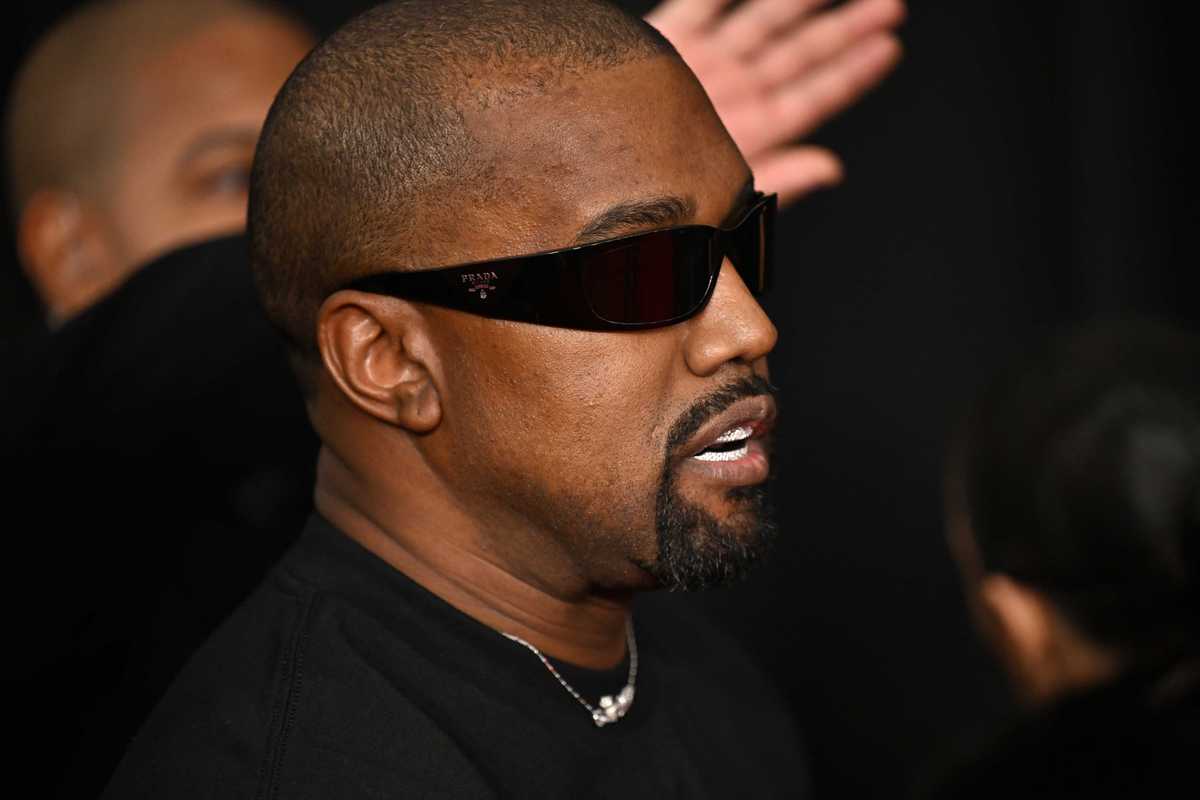Harriet Brewis
May 10, 2021

Text-to-speech has become one of the app’s most popular features
iStock/YouTube
A woman whose computerised tones are instantly recognisable to millions of TikTokers is not happy to be part of the app.
Beverly Standing is the voice behind the computer generated speech that narrates countless videos on the platform but, until recently, she had no idea she was being used.
Since launching late last year, the text-to-speech feature has become one of TikTok’s most popular features, enabling users to offer a running commentary on their clips without having to do the voiceover themselves.
However, Standing, a professional voice actor from Ontario, Canada, says she never gave permission for her voice to be used.
“I was dumbfounded when I first found out,” she told The Telegraph. “I thought ‘this is wild, I’m the voice of TikTok’. But that’s not right, I’m not getting paid for it.”
Read more:
- Everyone’s talking about Kim Kardashian’s toes again
- Homeowner goes viral on TikTok after finding ‘secret passageway’ in 148-year-old house
- Woman ‘shaves’ legs with sandpaper in viral TikTok and it’s blowing people’s minds
- Father sparks debate over reaction to having a girl in viral gender reveal TikTok video
- All the things which did better than Laurence Fox’s London mayoral campaign
She only found out about her voice becoming a viral addition to the app when a friend sent her a video featuring the technology, the paper reports.
Since then, she has grown concerned that her link to the platform could affect her career providing voiceovers for training videos, adverts and narration.
“No matter what I do, I believe this is going to affect my business,” she said.
“And I think it’s important for the voiceover industry, to say to the companies out there, they can’t do this. This is my product, and you’re using it without permission.”
She is now suing the app’s parent company, ByteDance, in a New York court, and seeking damages for “the emotional distress of having her likeness exploited without [her] consent; [her] loss of the ability to control the dissemination of her likeness; and [her] loss of the ability to control the association of her likeness.”
One of her main issues with the text-to-speech feature is that it allows the computer simulation of her voice to utter any obscene phrase a TikTok user chooses to type.

Standing said voice recordings she made for the Chinese Institute of Acoustics in 2018 had been used to build the feature.
She recorded around 10,000 sentences for what she was told was a language translation service for the state-backed research organisation.
The actor said she had been paid a “decent amount” for the job, but stressed that there had been no mention of the clips being resold or licensed,The Telegraph reports.
TikTok has more than 100 million users in the US alone, with millions more worldwide.
Standing’s voice is used in the North American versions of the app, with different accents used in other regions including the UK.
A spokesperson for the platform said it did not comment on ongoing litigation.
Top 100
The Conversation (0)













